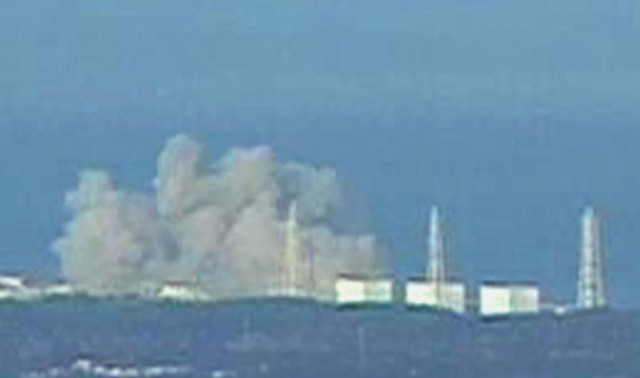Shattered lives in Japan
Japan, perhaps more than any other country in the world, is aware of the perils of radiation poisoning.

Development has, in fact, brought its own risks. Experts warned of a meltdown and one of its nuclear reactors was reported to have leaked after a blast on March 12. Japan, perhaps more than any other country in the world, is aware of the perils of radiation poisoning. The memories of Hiroshima and Nagasaki live on. But the advantages of development were also apparent in the quick reaction to reduce pressure and eliminate the danger of a major leak. The same advantages could be seen in the fact that thousands of rescue workers moved in at high speed, survivors were whisked away to medical facilities and heavy-duty equipment was available to lift away the remains of houses and other structures, beneath which people lay buried, screaming for help. The contrast with the situation immediately after the Kashmir quake of 2005, when desperate people scrabbled at rubble with their bare hands in a bid to rescue relatives, was stark.
Offers of help have come in from around the world. In the coming days, as we saw in the aftermath of Hurricane Katrina in the US, experts will flood into Japan. But nothing they do can assuage the suffering of traumatised people who fear that there may still be more danger to come as aftershocks continue to hit the island.
Published in The Express Tribune, March 13th, 2011.



















COMMENTS
Comments are moderated and generally will be posted if they are on-topic and not abusive.
For more information, please see our Comments FAQ